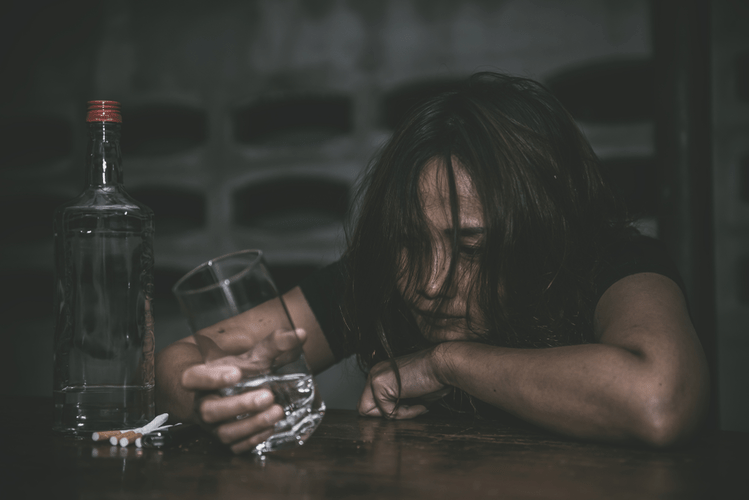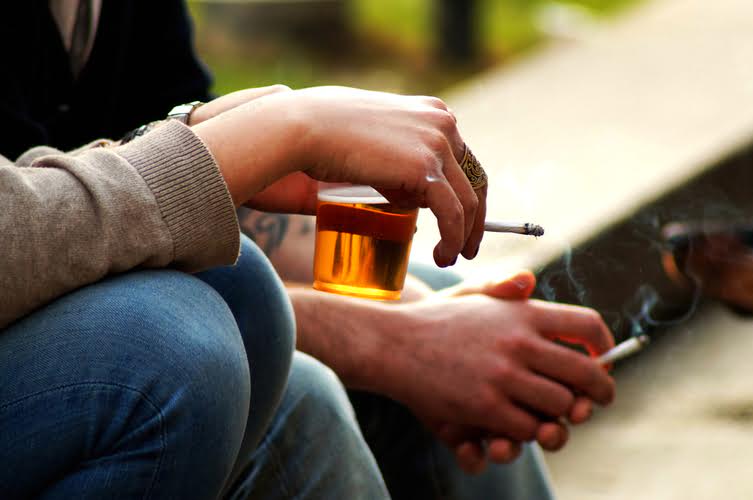Relationships in Recovery: Building Connections for Sobriety
This involves being open and honest about feelings, concerns, and expectations. Equally important is the ability to listen and understand the viewpoints and sentiments of others. This two-way communication is crucial in repairing and strengthening relationships during the recovery process. Supportive relationships provide a safe space for emotional health and mental health issues. People who have a strong relationship with healthy people are less likely to feel isolated during the stages of recovery.
The effectiveness of CBT in treating co-occurring disorders

Establishing boundaries also involves regular check-ins https://savitrigirlsdefence.com/the-hidden-link-between-social-anxiety-and-problem/ to monitor progress and discuss any adjustments that may be needed. Using ‘I’ statements can facilitate these conversations, allowing for direct but respectful communication that minimizes defensiveness. Contact Lighthouse Recovery Institute today and take the next step in your recovery. Research shows that recovery depends on moving both your self-identity and social identity away from substance use. This change means more than staying sober—it’s about finding who you are without substances.
The importance of staying informed about the science of addiction
Both partners should engage in self-care and maintain their individual identities to foster a balanced relationship. Open and honest communication is vital for nurturing relationships, especially during recovery. It involves discussing feelings, fears, and aspirations with partners and friends. Using effective communication can help in establishing mutual respect and understanding.
Take the First Step Toward Healthier Relationships
Moreover, envy and jealousy can become problematic if they prevent you from thinking positively about your partner’s successes or lead to constant suspicion and mistrust 2. Whether walking together, going to meetings as a group, or trying out hobbies together, shared experiences create strong bonds between people. If trust was absent due to addiction or deceit in past relationships, then expect it will take longer to build it again. Boundaries protect your well-being and help maintain healthy dynamics in all relationships. Romantic relationships can be both a source of healing and a potential challenge during recovery. Many of the friends you had when you were using may still be in the place that you don’t want to return to.

Moreover, healthy relationships can also contribute to improved self-esteem and self-worth, factors that are often compromised due to addiction. Recovery is a transformative process that demands more than mere abstinence from addictive substances and behaviors. It’s a time of self-reflection, personal growth, and rebuilding healthy relationships. Developing such relationships can be the key to success on this challenging road. This is particularly important for individuals in recovery from substances like alcohol, where social connections often need to be completely rebuilt.

By actively cultivating empathy in recovery, individuals can nurture healthier relationships, reduce conflicts, and strengthen connections based on understanding and compassion. Through empathy, relationships in recovery individuals in recovery can support one another, foster a sense of community, and navigate the complexities of their healing journey with greater resilience and empathy. By establishing clear personal limits, individuals in recovery can protect themselves from potentially triggering situations, maintain a sense of stability, and uphold their sobriety goals. Communicating these boundaries effectively to friends, family, and support systems is essential in fostering mutual respect and understanding.
DBT’s emphasis on acceptance and change in addiction treatment
As individuals evolve and grow, their relationships can become a powerful reinforcement of their ongoing recovery voyage. As individuals navigate recovery, maintaining healthy relationships can significantly improve emotional support and resilience against relapse. By focusing on personal growth, clear communication, and rebuilding trust, recovery can be not just a solitary journey but also a shared experience, enhancing the path toward a sober life. Building healthy relationship habits after addiction recovery is a comprehensive process that supports lasting personal growth and well-being. By focusing on self-love, communication, and mutual respect, individuals can form connections that endure beyond the challenges of sobriety. Navigating this path isn’t without difficulties, but with patience, dedication, and the right support, recovery can lead to stronger, more fulfilling relationships.
- It’s essential to approach new relationships with caution, especially during early recovery, to avoid falling into patterns that could jeopardize your sobriety.
- Helping with household chores and shared responsibilities that you once failed to help with can also help rebuild trust.
- Valley Hope encourages participation in support networks as part of a comprehensive recovery plan.
- When considering a new romantic relationship, focus on ensuring that you understand your own needs and goals before seeking a romantic partner.
- These beneficial relationships can help you navigate the new life you have without the influence of substances.
Strength in Recovery: A Guide for Men Battling Addiction
- Therapy plays a crucial role in navigating romantic relationships during recovery.
- As we navigate recovery, remember that each step towards nurturing healthier bonds with ourselves and others marks a significant milestone on the road to a fulfilled and balanced life.
- Key strategies for long-term success include regular check-ins by consistently communicating about the relationship’s health and any needed adjustments.
- Read on to understand why building healthy relationships in recovery is essential and how to nurture these connections.
- Effective communication forms the backbone of healthy relationships in recovery.
- The helpline provides crucial information and referrals to treatment facilities, allowing individuals to sustain their recovery journey while navigating relationships.
By prioritizing self-care, individuals effectively boost their emotional health, reinforcing the foundation for stable, supportive connections with others. A healthy relationship in recovery is built on several foundational elements. These key attributes create a safe environment where both partners can express their feelings and needs without fear of judgment.
Setting clear limits in relationships helps individuals protect their sobriety and mental well-being. One of the most crucial aspects of maintaining long-term sobriety is repairing and managing personal relationships. At Valley Hope, we understand the importance of healthy connections in the recovery process and offer guidance to help individuals restore and nurture their relationships.
As we navigate recovery, remember that each step towards nurturing healthier bonds with ourselves and others marks a significant milestone on the road to a fulfilled and balanced life. Setting healthy boundaries is crucial for maintaining healthier relationships and avoiding unhealthy patterns. Boundaries help protect against toxic relationships, manipulative behavior, and situations that may encourage substance misuse. Establishing strong boundaries requires clear communication about recovery goals and needs. Empathy, the ability to understand and share the feelings of another person, plays a pivotal role in building healthy relationships in recovery and fostering genuine connections. In the context of addiction recovery, cultivating empathy is essential for developing meaningful relationships and enhancing emotional understanding.
Setting boundaries helps you stay focused on your recovery journey and avoid unnecessary setbacks. Support groups, such as those offered in the Massachusetts drug rehab, can provide valuable guidance and drug addiction treatment encouragement during this process. These groups often emphasize accountability and shared experiences, helping recovering addicts understand how to rebuild relationships at their own pace.
- These techniques create an environment where honest dialog can grow naturally when practiced regularly.
- This article explores how past relationships affect recovery, the role of communication and trust, and the risks and benefits of engaging in romantic relationships during sobriety.
Rehab alumni can provide valuable support and insights for those in recovery, offering advice on maintaining healthy relationships while focusing on long-term sobriety. After completing addiction treatment, a healthy relationship with a friend, family member, or loved one can provide you with a source of encouragement and support. This is important during recovery as staying sober can be difficult for some people. For those who need less support, the companionship that relationships bring is just as important. If an individual already has pre-existing conditions like depression, bipolar disorder, and anxiety, unhealthy relationships can worsen the symptoms. Once the symptoms become worse, individuals may self-medicate and turn to substance abuse for support.
